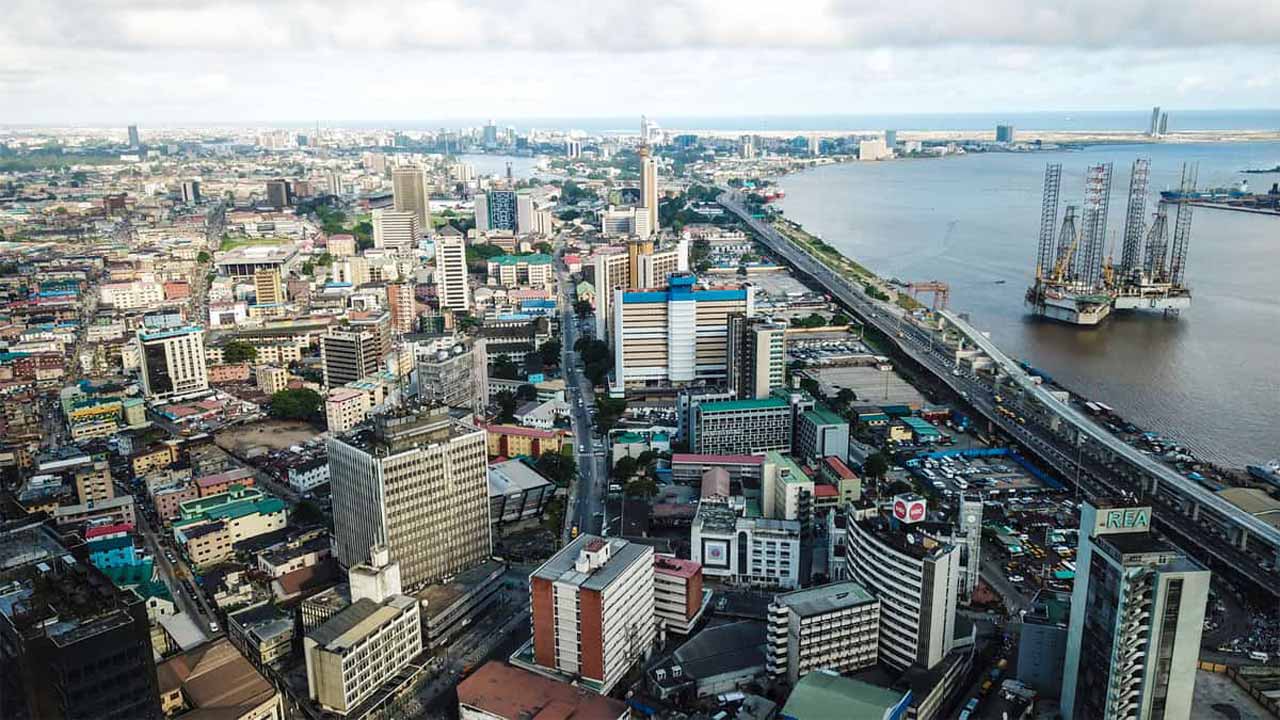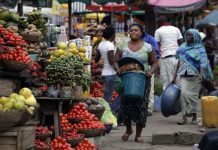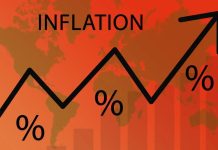Africa Press-Nigeria:
Nigeria’s inflation rate rose further to 12.82 per cent in July, the highest in 27 months, as food prices continued to surge.
According to the latest consumer price index (CPI) data released by the National Bureau of Statistics (NBS) on Monday, July inflation rate rose by 0.26 per cent higher than the rate recorded in June (12.56) percent.
Nigeria’s inflation, made worse by last year’s border closure and the coronavirus pandemic, has continued to rise for months as prices of staple foods like rice, frozen foods, vegetable oil, processed foods remain high.
In the new report, the composite food index rose by 15.48 per cent in July compared to 15.18 per cent in June 2020.
“This rise in the food index was caused by increases in prices of bread and cereals, potatoes, yam, and other tubers, meat, fruits, oils and fats, and fish,” the report said.
Indicating the impact of food prices, core inflation, which excludes the prices of volatile agricultural produce, stood at 10.10 per cent in July 2020, down by 0.03 percent when compared with 10.13 percent recorded in June 2020.
“The highest increases were recorded in prices of Medical services, passenger transport by air, pharmaceutical products, hospital services, passenger transport by road, maintenance and repair of personal transport equipment, paramedical services and vehicle spare parts,” the report stated.
Inflation in states
In July, all-item inflation, when compared to June 2019, was the highest in Bauchi, Kogi, Sokoto, and Plateau States. Lagos, Adamawa, Kwara States recorded the lowest rise in headline year-on year-inflation.
For food inflation, when compared to July 2019, Kogi, Sokoto, and plateau recorded the highest inflation while Adamawa, Abia, Lagos states recorded the lowest inflation.
“On month on month basis, however, July 2020 food inflation was highest in Zamfara, Kogi and Yobe, while Niger and Ogun, Lagos with Adamawa recording price deflation or negative inflation (general decrease in the general price level of food or a negative food inflation rate),” the report said.







